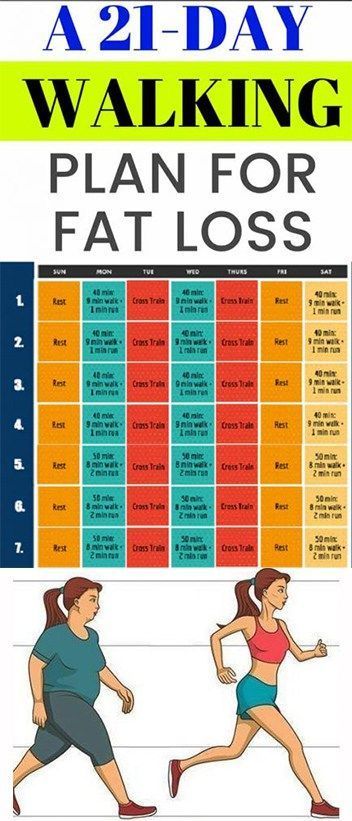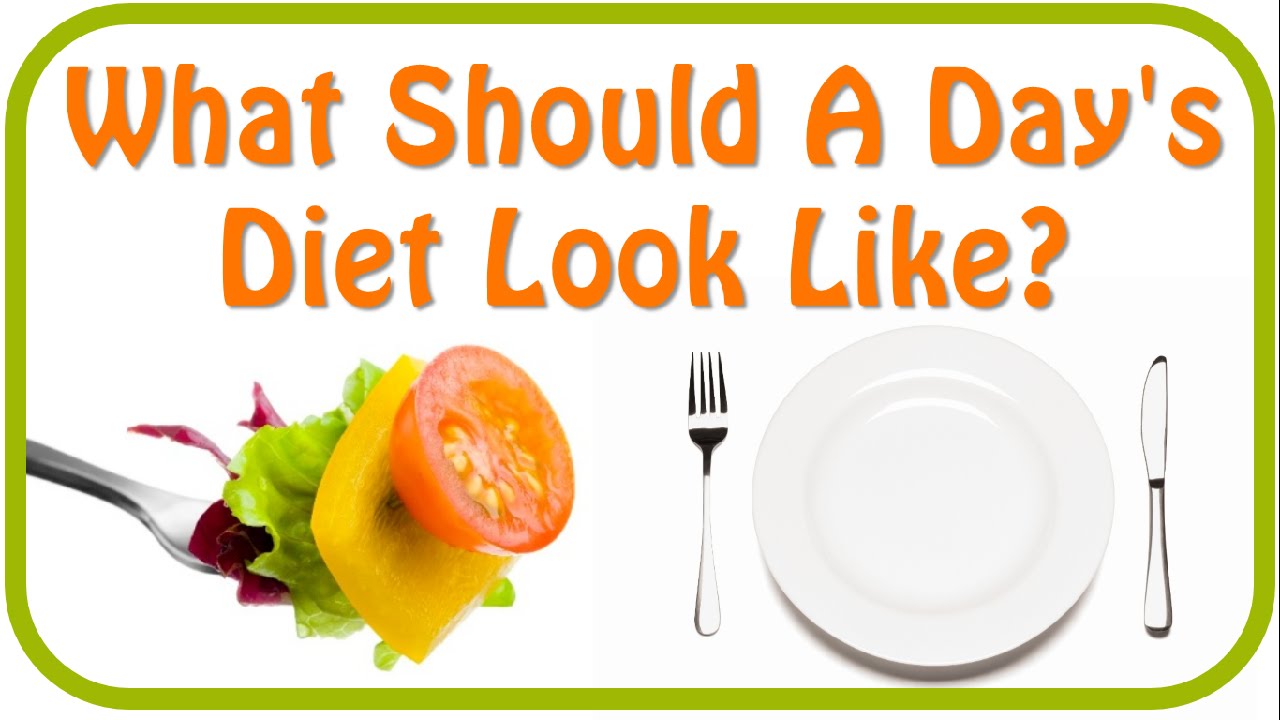
The hardest part about creating good habits is remembering how to do it. Perhaps you want to forgo eating breakfast. You might also want to avoid eating weekends. There are plenty of ways to help you remember to make these small changes. Here are a few helpful tips:
Do not eat mindless
There are many ways you can avoid mindless eating and lose weight. It is a good idea to keep a food journal. You can also use it to track your hunger and determine if you're hungry. You don't have to snack if you are tempted. Instead, drink water and eat something nutritious. To combat mindless eating, try to add fiber to your diet. You can also use diet tracking apps to track your food intake.

Do not eat the first meal of each day
Most people don’t have to eat breakfast, despite the belief that it is important. Eating a light meal without any added calories, fat, or sugar is just as healthy. It's possible to delay breakfast until later in the morning if your schedule doesn't allow you to eat breakfast. Then, you'll still have time to eat a healthy and nutritious lunch or dinner.
Avoid eating on weekends
Don't forget about portion control when you are trying to lose weight. It's easier to eat too much, especially on weekends. You can skip the bread baskets and appetizers when you go out to dinner. Instead, choose salads and lean meats. For a smaller portion, you can ask for lemon juice or a takeout order to cut down on calories. You can get more out of meals these days if you split the meal with a friend.
Avoid eating at a dinner table
It is difficult for many to avoid eating at the dinner table. However, it can help to stick to your weight-loss plan and reduce snacking. It will make your food taste better and help you to eat less. By avoiding snack temptations before dinner, you can reduce snacking. This will allow you to lose weight faster! It can help you lose weight in a healthier way, so why not give it another try?

Fast food should be avoided
Fast food is easy to grab when you're on-the-go. Although fast food can be convenient, inexpensive, and delicious, it should not become a regular habit. It's easy to eat fast food if you know which options are healthier and what to avoid. Here are some helpful tips for making healthy fast food choices. It is important to balance fast food with healthy options.
FAQ
Are there side effects to intermittent fasting
Intermittent fasting doesn't have any known side effect. You might have minor problems if your plan is not well thought out.
If you skip breakfast, your day might be interrupted by irritability. Also, you might experience dizziness, headaches, fatigue, muscle cramps, and dizziness.
These symptoms are usually gone within a few days.
Why lose weight when you are 40 years old?
Maintaining health and fitness is the most important thing for people over 40. It is important to stay fit throughout your life. This includes regular exercise, eating right, not smoking, moderate alcohol, and regular exercise.
It is also important that you understand that as we age, our bodies undergo changes. Our bones weaken and our muscles shrink. You can slow down the aging process if you take care of yourself.
There are many benefits to staying healthy and fit as we age. These are:
-
Better sleep
-
Better mood
-
Increased energy levels
-
Lower risk of cancer
-
A longer life
-
More independence
-
More sex
-
Memory that is better
-
Better concentration
-
Better circulation
-
Stronger immune system
-
Less pain and aches
How long do I need to fast for weight loss?
The answer may not be as straightforward as you think. For optimal fat loss, you need to take into account many factors. These factors include:
-
Your age. For example, if you're young (under 40), intermittent fasting may be too difficult for you because you have less time to recover from each day's fast. On the other hand, if you're older (over 60), you may find that you don't have enough energy to sustain an extended period of daily fasting.
-
Your current body composition. If you already have a lot of muscle mass, you'll likely benefit most from longer periods of fasting. Shorter fasting might be more appropriate for you if you have less muscle mass.
-
How active you are. If you exercise regularly, you may need to extend your fasting window to ensure that you still get adequate rest between workouts.
-
Your past health history. Some people with medical conditions like diabetes, heart disease, cancer, etc., may require additional fasting monitoring.
-
What is your tolerance for stress? Stressful situations often cause us to eat more. You might need to lengthen your fasting windows in order not to have this problem.
-
It is the type of diet you are following. Certain diets, like ketogenic diets, may require even longer fasting periods.
-
Your quality of sleep. A decreased quality of sleep can also be linked to decreased appetite and metabolism. You may need to experiment before you discover what works for you.
-
Your daily intake of protein. Protein stabilizes blood sugar levels. Therefore, eating more protein could result in lower insulin levels. This would allow one to fast for longer periods.
-
Whether you're trying to gain or lose weight, people who are trying to gain weight usually require longer fasting periods than those who are trying to lose weight.
-
What percent of your daily calories are you consuming during your fasting time? You may lose more weight if you eat fewer calories each day than if you eat more.
-
Your overall fitness level. People who are fit and fast burn more calories per day.
-
Your gender. Men have greater appetites than women and may need to fast longer. Women tend to have smaller appetites so they might only need to fast for 20-30 minutes each morning.
-
Your lifestyle. Are you someone who is active? Do you work out several times a week? Do you work at a desk all day? All these factors can have an impact on how much time you should speed.
-
What amount do you spend on food each month? Not all healthy food means you need to spend a lot more on groceries. Whole grains are better than white bread and whole fruits are better than candy bars. Lean meats can also be saved.
-
You need to be able to control your hunger. You might not have to fast as much if your hunger isn't a problem.
How often do people fast?
A majority of ketogenic dieters fast one week. Some people fast twice a week. Others fast three times a week.
There is a variation in the length of fasts. Some people fast for 24 hours, whereas others fast for 48 hours.
Some people even go longer than 72 hours. However, extreme cases like these are rare.
Statistics
- One 6-month study showed that simply doing 11 minutes of strength-based exercises 3 times per week resulted in a 7.4% increase in metabolic rate, on average. (healthline.com)
- A 12-week study in 20 women with obesity found that walking for 50–70 minutes 3 times per week reduced body fat and waist circumference by an average of 1.5% and 1.1 inches (2.8 cm), respectively (healthline.com)
- Among women, the increase in metabolic rate was nearly 4%, or 50 more calories per day (14Trusted Source (healthline.com)
- According to Harvard Health, it's estimated that a 155-pound (70-kg) person burns roughly 112 calories per 30 minutes of weight training (5). (healthline.com)
External Links
How To
How to lose weight fast
There are many ways to lose weight fast. They are often ineffective and non-sustainable, however. Dieting and exercising are the best ways to lose weight quickly. You should eat fewer calories than you burn daily. This means that you should eat fewer calories per day than your body burns during regular activities. If you want to lose weight fast, you must reduce your calorie intake.
Because they can increase your appetite, you should avoid eating foods with high amounts of sugar and fat. Make sure to drink lots of water every single day. This helps you stay hydrated and boosts your metabolism. Combining these three elements together will give you results faster than you thought possible.